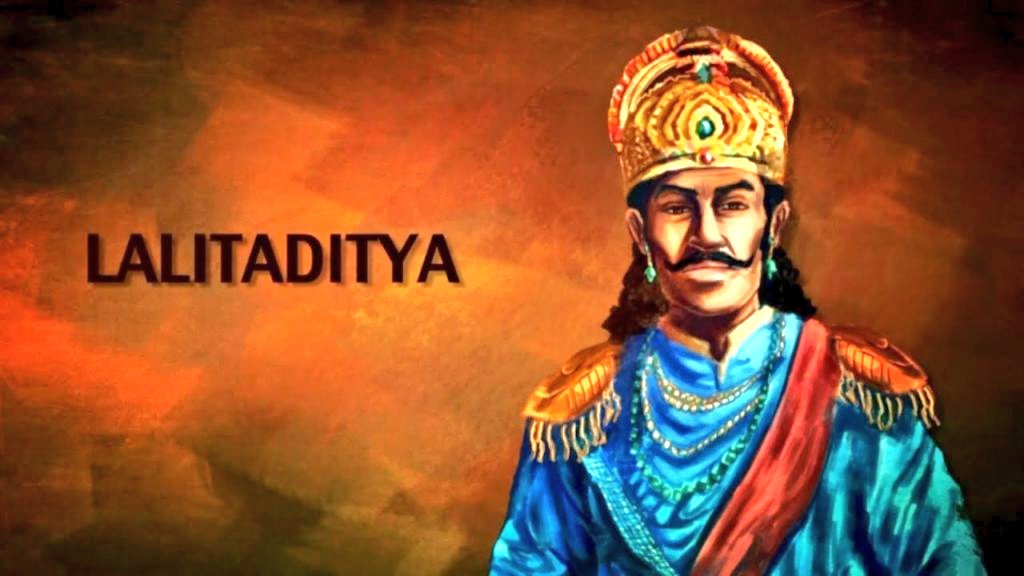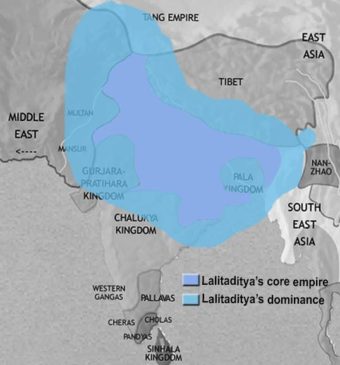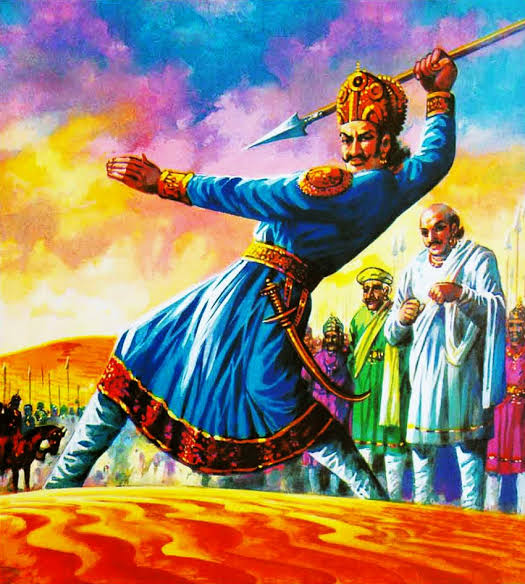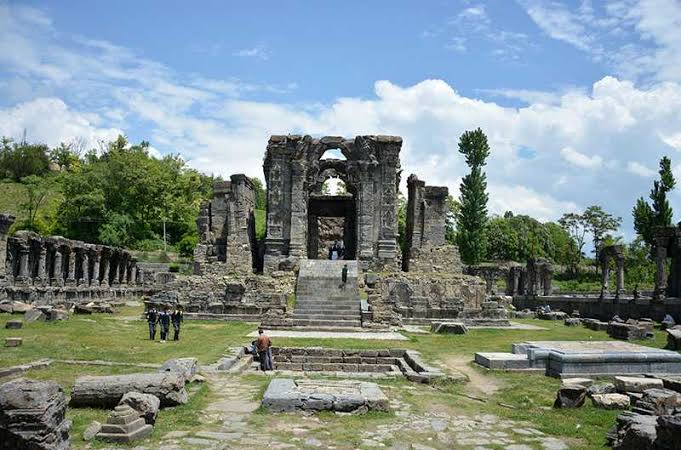The most powerful ruler of Kashmir.
India has been a land of many great kings. Lalitaditya Muktapida was also one of the most powerful king of Kashmir.
Lalitaditya ruled India from 724CE–760CE, he never lost any war in his life. He was one of the biggest conquerors of that era.
India has been a land of many great kings. Lalitaditya Muktapida was also one of the most powerful king of Kashmir.
Lalitaditya ruled India from 724CE–760CE, he never lost any war in his life. He was one of the biggest conquerors of that era.
He was so powerful that people believed that he had magical powers.
His mammoth empire was spread from the Caspian Sea in the North West to Cauvery Basin in the South. His empire included parts of Afghanistan, Iran, Tibet, Assam, Punjab, Bihar, Bengal Orrisa etc.
His mammoth empire was spread from the Caspian Sea in the North West to Cauvery Basin in the South. His empire included parts of Afghanistan, Iran, Tibet, Assam, Punjab, Bihar, Bengal Orrisa etc.
Lalitaditya was a valiant warrior his power was such that even his biggest enemies feared him. He successfully defeated the invading Arbs, Turks, and attacks of Tibetans. He also defeated one of the most powerful rulers of that time, king of Kannuj Yashovarman.
In the 8th century when Muslim Invaders were continuously trying to Invade India, Lalitaditya defeated them badly. Arab General Momin also tried to attack India 4 times, he was defeated by Lalitaditya each time. Lalitaditya finally Killed Momin when he came to invade for 5th time
Other than being a great warrior, Lalitaditya was also an excellent administrator, a visionary and a patron of art, architecture, and literature. He established a beautiful capital, had stunning structures built there and he named it Parihaspora meaning the smiling city.
He built a lot of structures but sadly not much of his time is there today. However, one monument built by Lalitaditya still stands in Kashmir. It is Martand Sun Temple, although temple is in ruins today, even in this stage it one the best structures ever built on Indian soils.
Toward the end of his tenor, Lalitaditya became a saint and left for the Himalayas and never returned.
Sadly to say, many of us have not heard about this great king. The story of this great warrior is never taught to students.
Sadly to say, many of us have not heard about this great king. The story of this great warrior is never taught to students.
Sources: The Youth and Wander Bharat

 Read on Twitter
Read on Twitter





